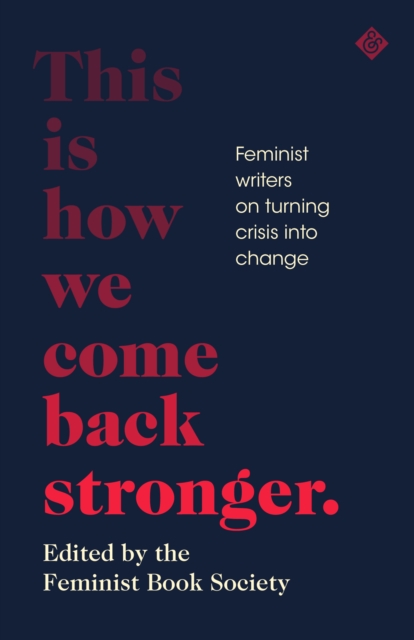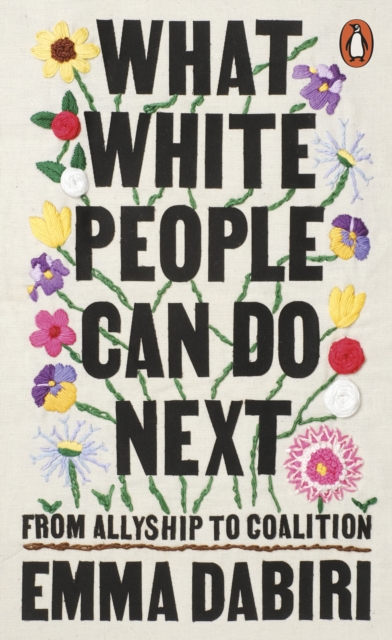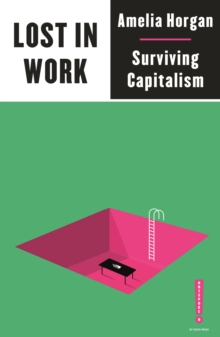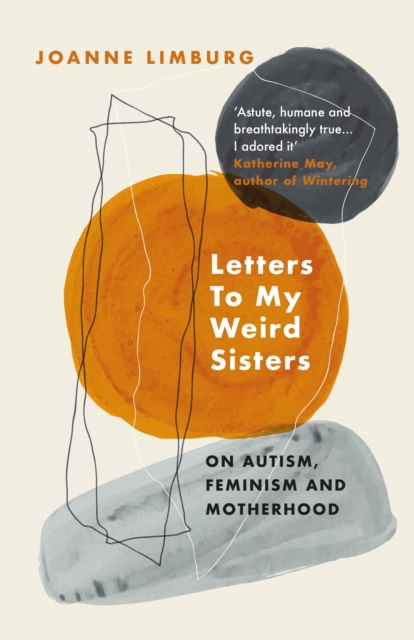So far So Very Good: Work & Labour
Mairi
Here are my top non-fiction picks for the first half of 2021, focusing on the new books that have shifted my thinking around work and labour recently!
Amelia Horgan's Lost in Work : Escaping Capitalism is a creative, blistering, clear sighted critique of work as we know it and a hugely important contribution to contemporary left thinking on work, much of which has struggled to grapple with the landscape of work today. And Other Stories' anthology This is How We Come Back Stronger and Emma Dabiri's What White People Can Do Next, are fantastic, accessible books to feed radical imagination and inspire movement building with lots of practical suggestions or experiences to build on. They buoyed my pandemic weary soul.
Joanne Limburg's Letters to My Weird Sisters is just gorgeous - the best in contemporary feminist writing it is moving, rich in literary references - Virginia Woolf as you will rarely have seen her - and woven with complexities of disability history, eugenics and othering. Joanne is a poet and memoirist who navigates often harrowing subjects with a deft touch and a seemingly boundless curiosity and compassion. It may be an odd one to start this particular pile with, but the book has taught me so much about the beauty of the mind, the urge of society to place people - and women in particular- in 'manageable' boxes, and how important it is to resist that.
We need to Talk about money by the supremely erudite Otegha Uwagba, is a blend of memoir and feminist social commentary that unpacks the rich seams of the British class system beautifully through her carreer in journalism and then as a freelancer. With light, wry wit and a sharp, investigative eye she explores not just the enduring unease the British have about talking about money or class, but how in practice this 'discomfort' obscures and reinforces enduring power structures from school to workplace. It's personal and polemical and brilliant.
Mary Ann Sieghart's The Authority Gap won't be introducing a new concept to women in any walk of life - we're all too familiar with the idea that men are assumed to hold an inherent authority,that they are most likely to be assumed the knowledgeable person in the room (regardless of the room) and how that plays out. Though Sieghart leans a little too hard into trickle-down feminism, I enjoyed her prose, laughed and learned from her anecdotes and have found my own behaviour in mixed company altered, for the better- I also think it is likely to actually have an impact on men in positions of authority who would generally consider themselves feminist...we just need to get copies into their hands.
Linked Books

- title
- This Is How We Come Back Stronger : Feminist Writers On Turning Crisis Into Change
- author
- Feminist Book Society

- title
- What White People Can Do Next : From Allyship to Coalition
- author
- Dabiri, Emma

- title
- Lost in Work: Escaping Capitalism.
- author
- Amelia Horgan

- title
- Letters To My Weird Sisters : On Autism, Feminism and Motherhood
- author
- Limburg, Joanne